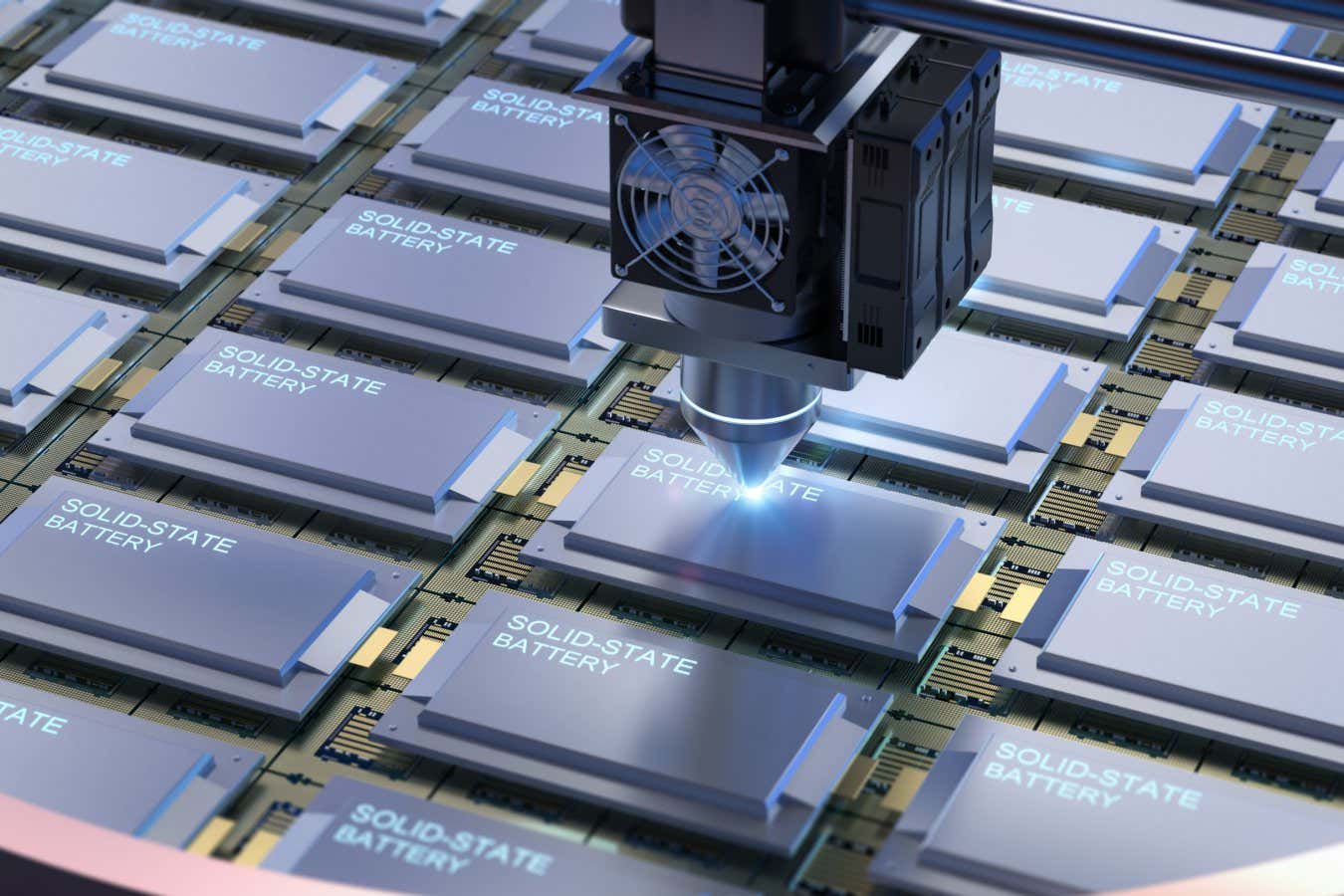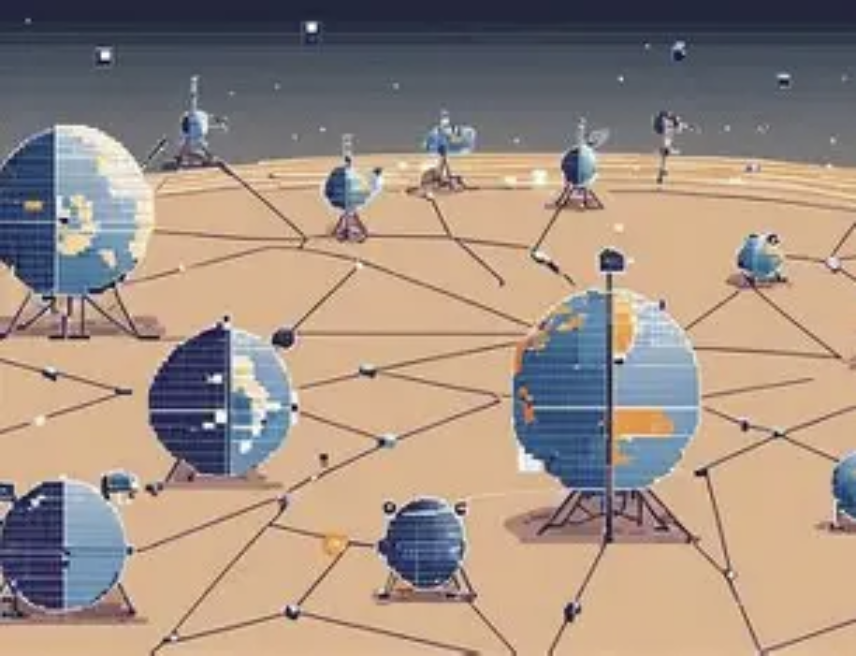When the toilet began to think: a secret technological revolution
In many families, the toilet is often overlooked, and it is just a common everyday object. However, when the wave of intelligence swept to the most secret corner of life, the toilet is no longer just a cold ceramic container, but a scientific and technological device that can "talk". The emergence of smart toilets has not only changed the toilet experience, but also quietly reshaped our knowledge of health monitoring, privacy management and even human-machine relationship.
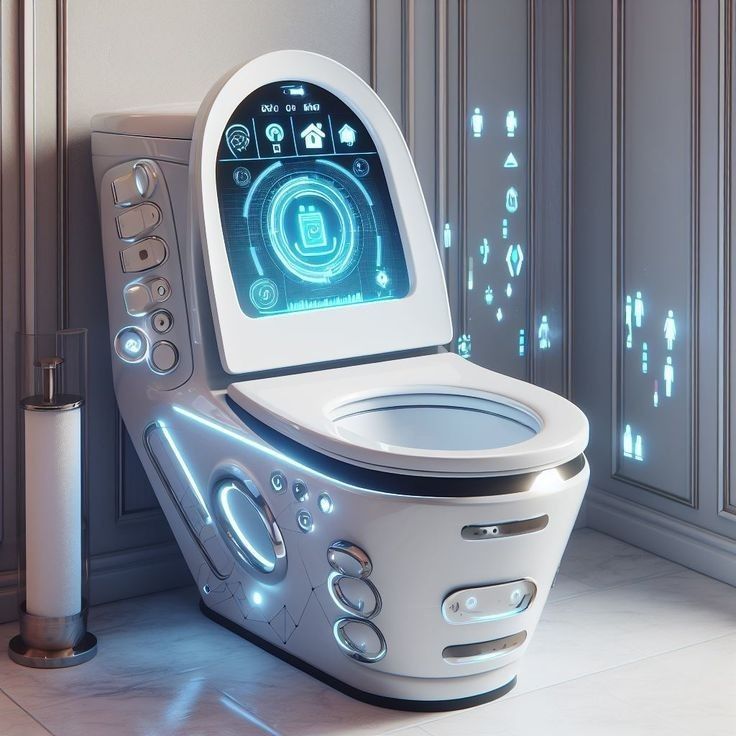
The frequency of human contact with the toilet every day far exceeds that of smart phones, but few people realize that this daily action itself is a "database" of health signals. In traditional medicine, excrement is often the most direct physical indicator, and the intelligent toilet is trying to combine this ancient intuition with modern sensing technology. It can automatically detect the chemical composition in urine, analyze the morphology of feces, and even infer heart rate and blood pressure through pressure and temperature sensors. This means that a seemingly ordinary toilet trip may have quietly generated a micro health report and uploaded it directly to the cloud.
This progress has led to a rather contradictory imagination. On the one hand, it provides unprecedented convenience for patients with chronic diseases, elderly people and even athletes. They can complete basic monitoring at home without going to the hospital frequently. On the other hand, it also makes people uneasy about the ownership and privacy of data. After all, a person's biological data is more sensitive and naked than the shopping records in the mobile phone. If one day, your toilet knows more secrets about you than yourself, will it be a blessing or a threat?
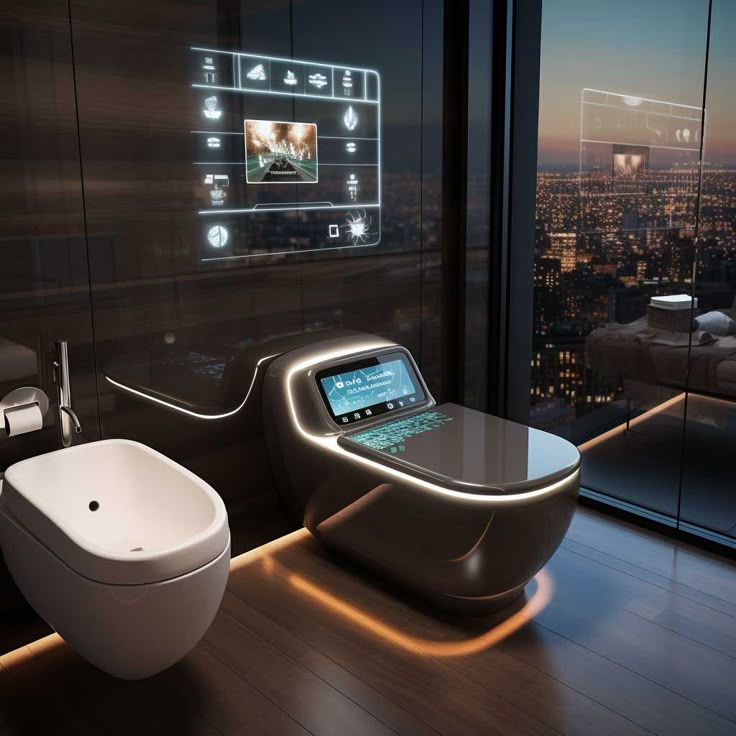
In addition to health monitoring, smart toilets are constantly refreshing the boundaries of comfort. From seat heating to automatic deodorization, from music accompaniment to personalized cleaning mode, it can even take the initiative to open the lid when you approach. This kind of humanized design, which is somewhat "sensible", reflects a trend: technology is increasingly inclined to penetrate seamlessly, reducing the sense of friction between people and machines. However, this smooth experience is also quietly changing people's psychological threshold. Will we gradually be unable to stand the existence of "ordinary toilets"? Just like many people get used to smart phones, they can never go back to the function machine.
More subtly, smart toilets are becoming a strange node of the home Internet of Things. It may be interconnected with smart mirrors, smart watches and even nutritional analysis systems in the kitchen to construct a complete "health portrait". Imagine a system quietly comparing your food intake with your body output data in the background, and then lighting up a suggestion in the refrigerator: "Please put less salt tonight." When technology reaches this point, do we still regard home as a private space? Or has it quietly evolved into a data laboratory?
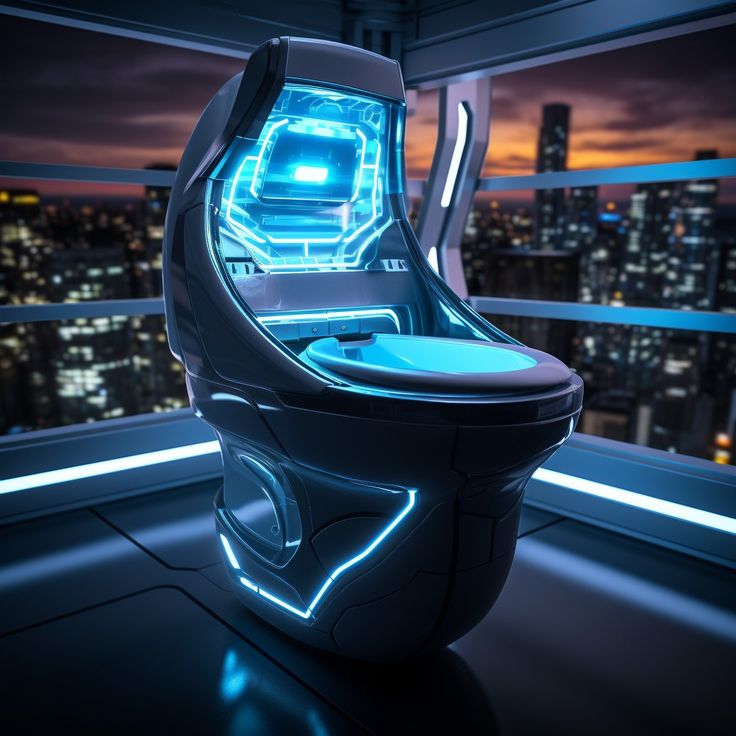
Perhaps the real meaning of smart toilets is not to make toilets more comfortable, but to remind us that the ultimate trend of technology lies not in dazzling appearance or complex functions, but in going deep into the most daily, intimate and irreplaceable behaviors. One day in the future, when you look down at the china white under your feet, you may realize that this is not a simple piece of furniture, but a secret door of science and technology.
(Writer:Dick)


